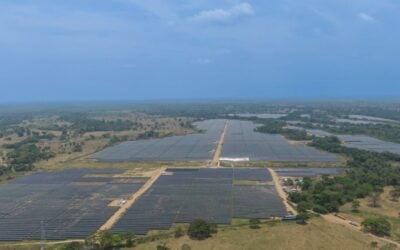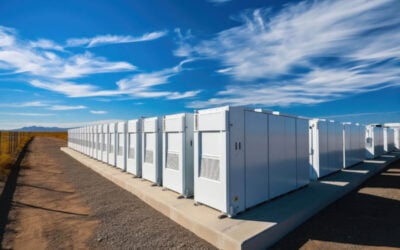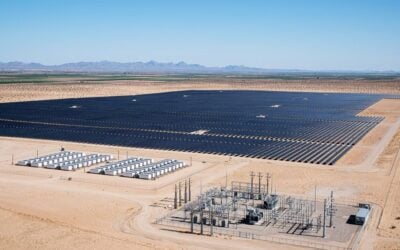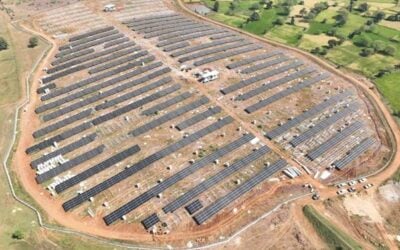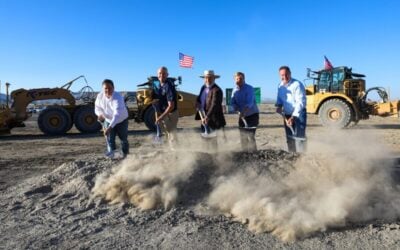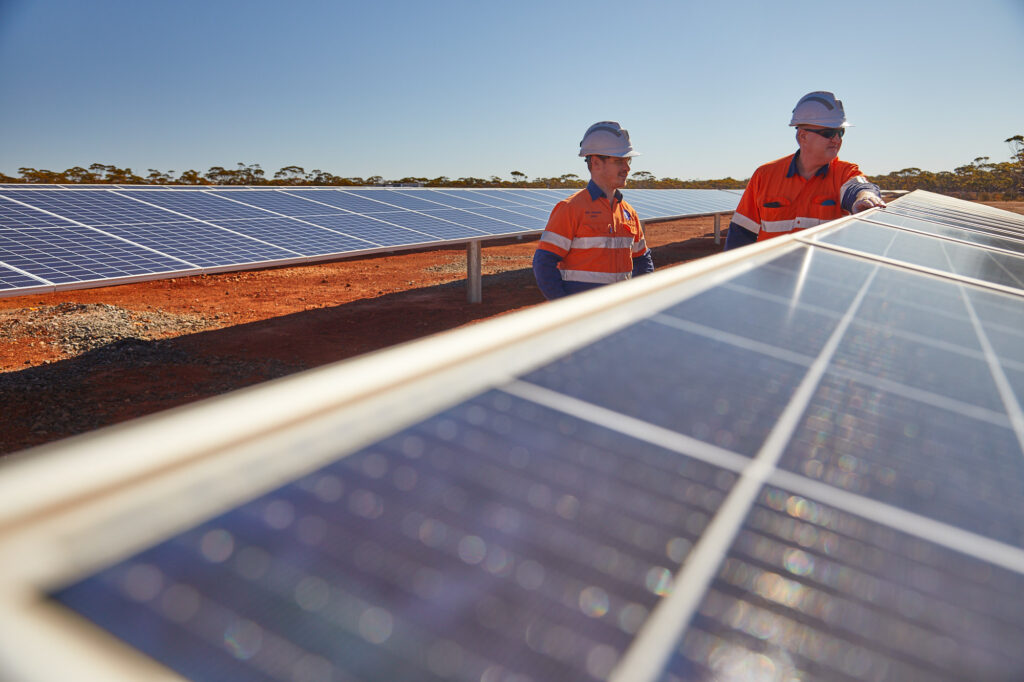
Two new battery projects announced this week will see mining sites in Western Australia and the South American nation of Suriname greatly reduce their dependency on fossil fuel generation.
Australian Securities Exchange (ASX) listed metals extraction and processing company IGO Limited said today that solar-plus-storage will be installed at its Nova copper-cobalt-nickel mining facility in Western Australia’s Fraser Range.
Enjoy 12 months of exclusive analysis
- Regular insight and analysis of the industry’s biggest developments
- In-depth interviews with the industry’s leading figures
- Annual digital subscription to the PV Tech Power journal
- Discounts on Solar Media’s portfolio of events, in-person and virtual
In a tweet, IGO said the clean energy resources will enable the site to “operate for periods of time on 100% renewable energy”.
Partner Zenith Energy, a remote power solutions specialist, said in a corporate blog post that the addition of 10MW of solar PV and a 10MWh battery energy storage system (BESS) to existing onsite equipment will enable the mine to run continuously on renewable energy for up to nine hours.
Making it possible to switch off fossil fuel power generation engines means the Nova project will “prove it’s possible to use 100% renewables to meet the demands of an operational mine site,” Zenith Energy’s executive manager for growth, Dominic Da Cruz, wrote.
The project looks likely to utilise the modular, relocatable solar solution developed by Australian company 5B, which rolls out folding PV panel installations for customers which can be taken down easily and redeployed elsewhere.
“The Nova project will highlight that 100% renewable energy penetration can be sustainably achieved and replicated on other sites across Australia now, without having to wait for further advancements in technology,” Da Cruz wrote.
While acknowledging that the site will still require its diesel engines to power operations at nighttime and when the weather doesn’t allow for sufficient solar production to fully cover demand during the day, but the project is a “key next step” to 24/7 renewables, Da Cruz said.
Suriname’s first grid-scale battery system
Technology provider Wärtsilä has been contracted by a gold mining company to supply a 7.8MW/7.8MWh BESS to a site in Suriname.
It will be the country’s first-ever utility-scale energy storage system and is expected to be operational towards the end of this year.
The customer’s name was not disclosed, but Wärtsilä said the mining company is furthering its climate and decarbonisation goals with the project, which will lower emissions from the site by 5,600 metric tonnes of CO2 annually.
Again, it will reduce the required run time of onsite fossil fuel generation by reducing the amount of emergency back up spinning reserve the engines have to provide to keep the site’s power supplies reliable and operational.
The Suriname gold mine install will use the Finnish tech company’s GridSolv Quantum fully integrated, modular energy storage system and the company’s GEMS Digital Energy Platform energy management system (EMS) for controls and monitoring.
The EMS will also be used to closely evaluate opportunities to integrate renewable energy resources into the mine’s power system setup, the company said yesterday in a press release.
The two reported today are the latest in a line of battery storage projects, particularly in combination with solar PV, at microgrids for mining operations around the world, covered by Energy-Storage.news. Major mining companies like BHP and Rio Tinto have procured solutions of this type in recent months.
Wärtsilä’s first-ever battery project in Australia, announced a few months ago, will be at a gold mine in the north of the country, where it will work with Zenith Energy to deploy a 9.2MW/8.7MWh BESS. While that BESS will be combined with thermal power generation, the company has previously worked on a gold mine site in Mali, Africa, with developer BayWa r.e. where a large-scale solar-plus-storage power plant was deployed and commissioned in 2021.

